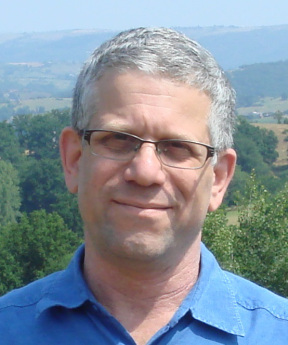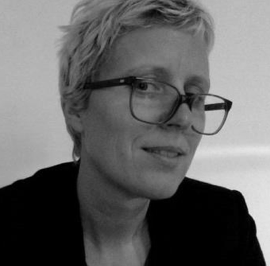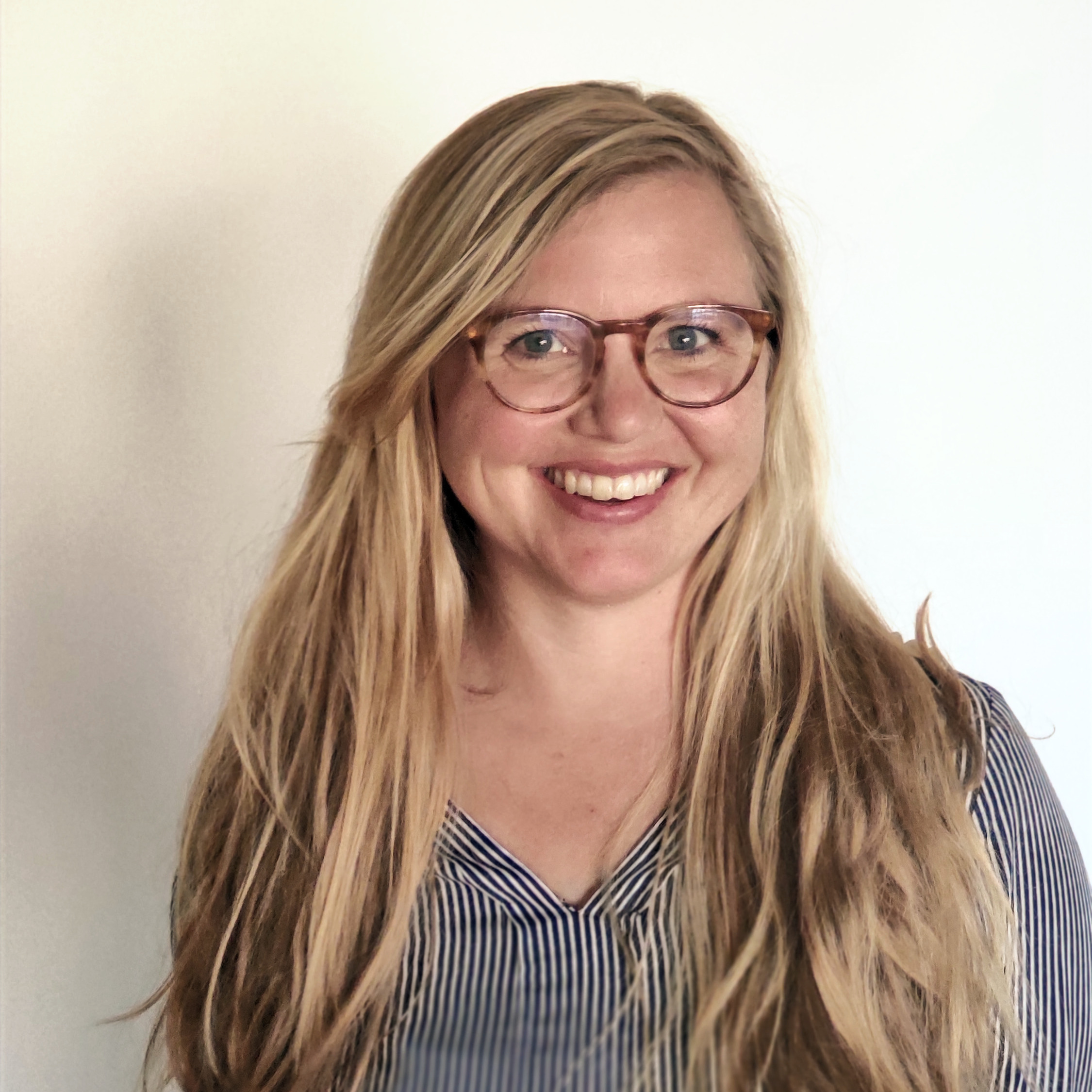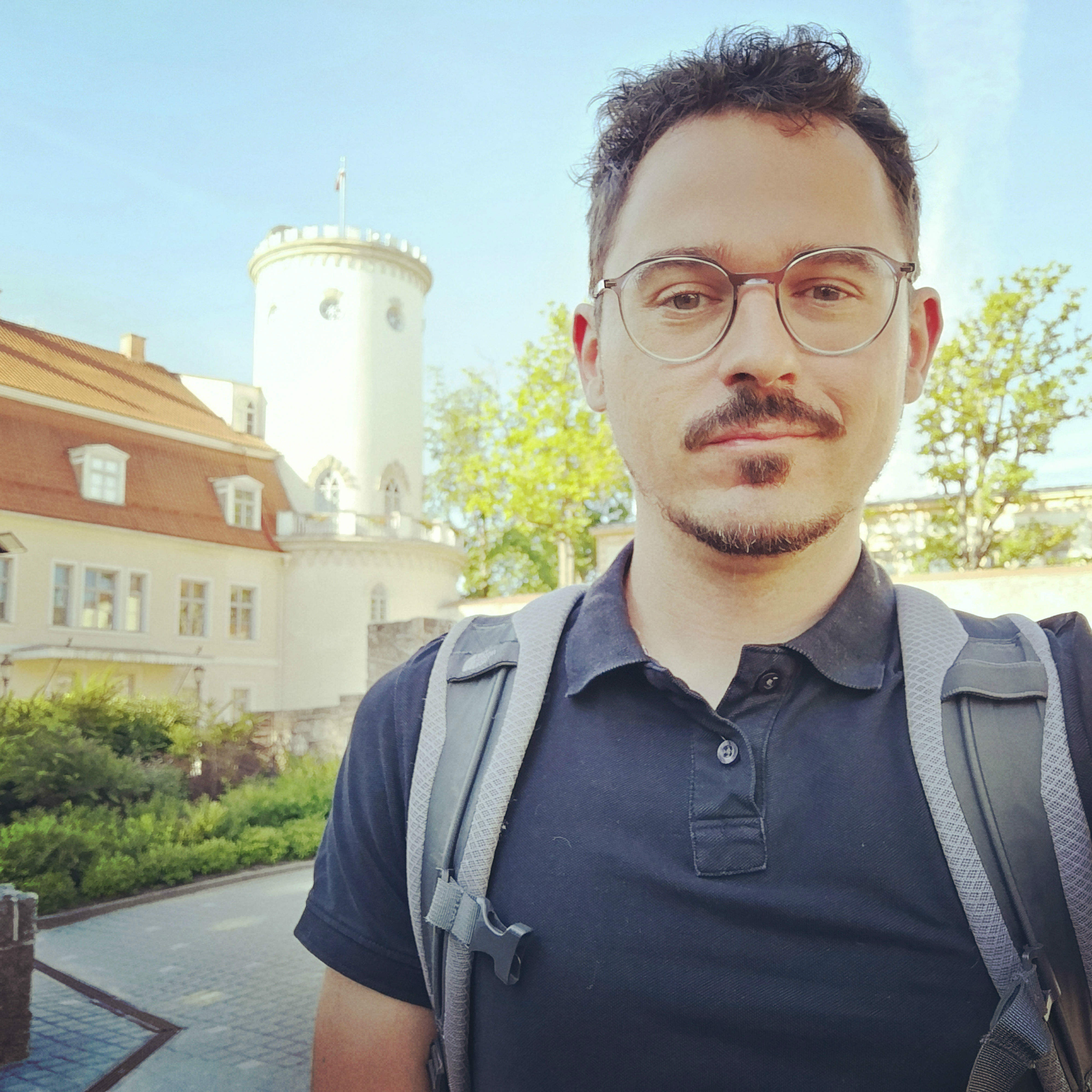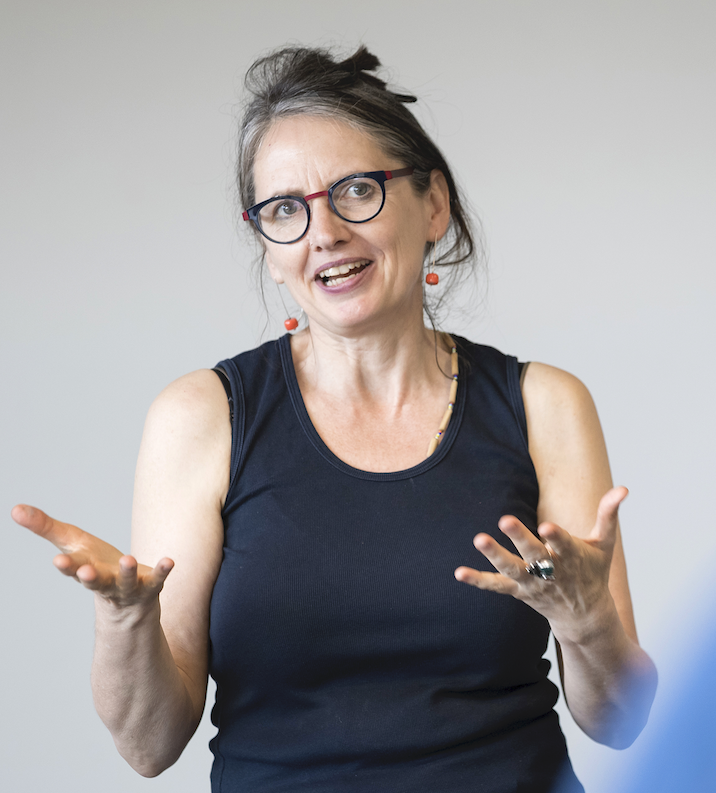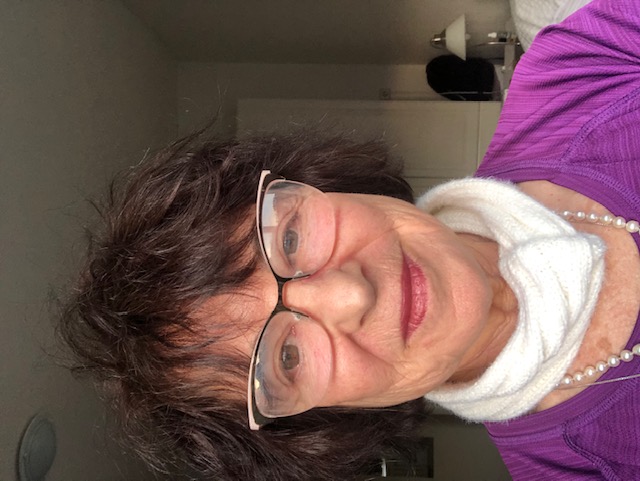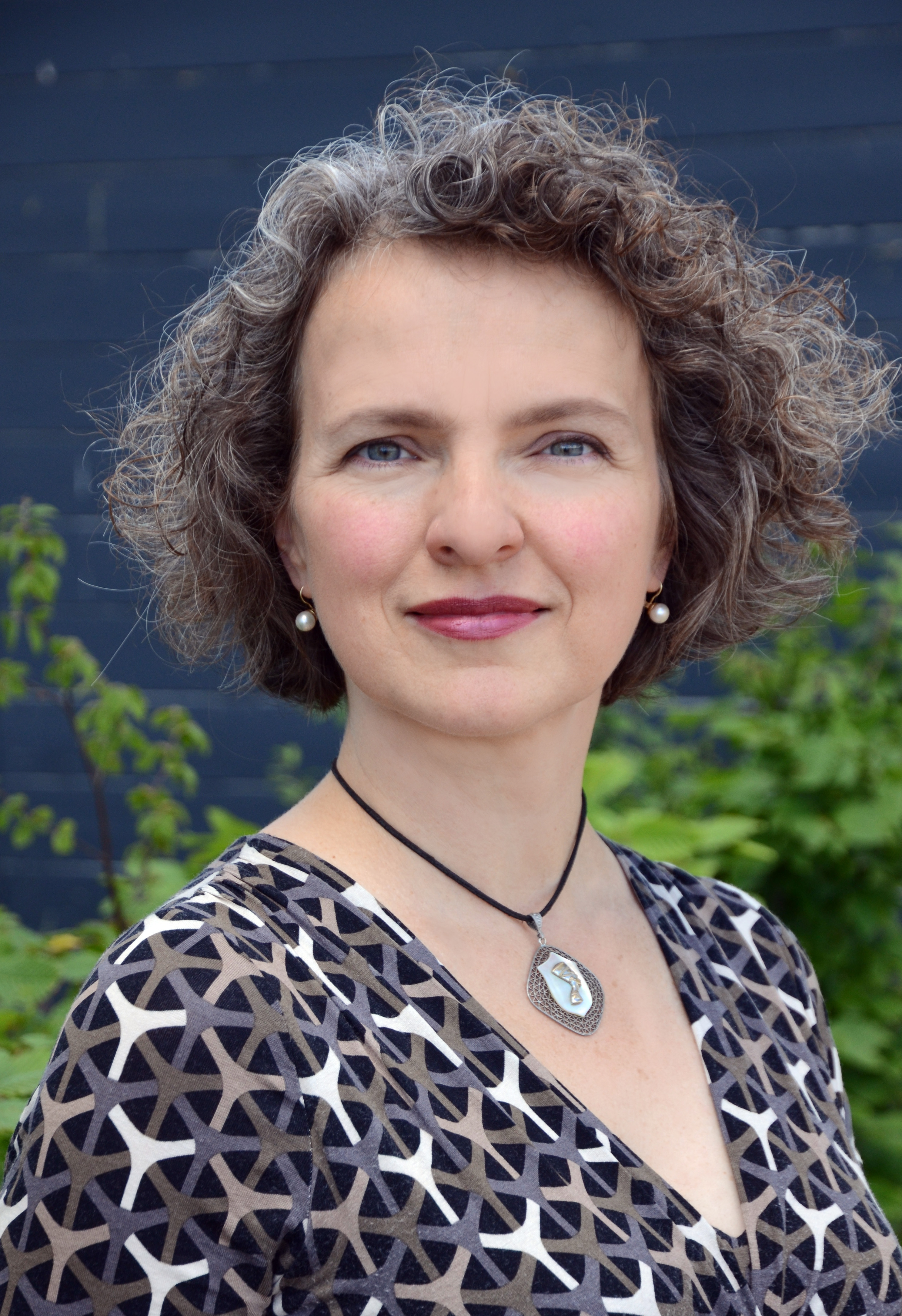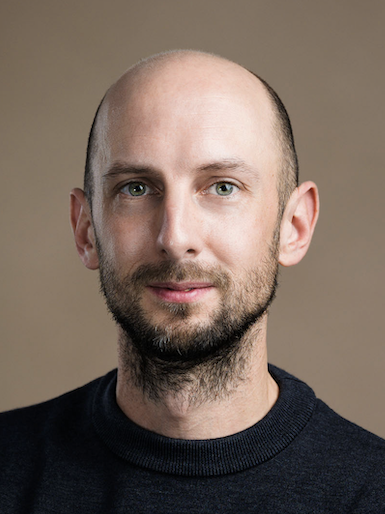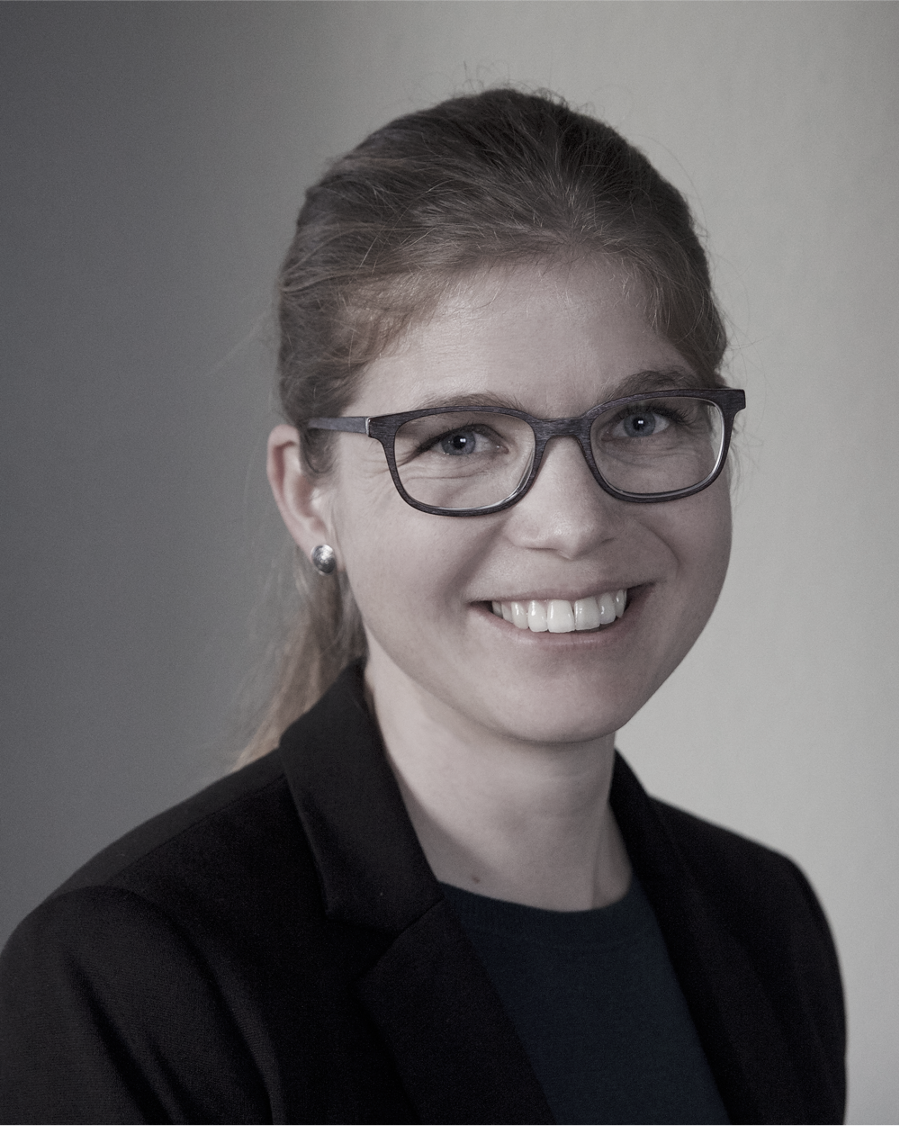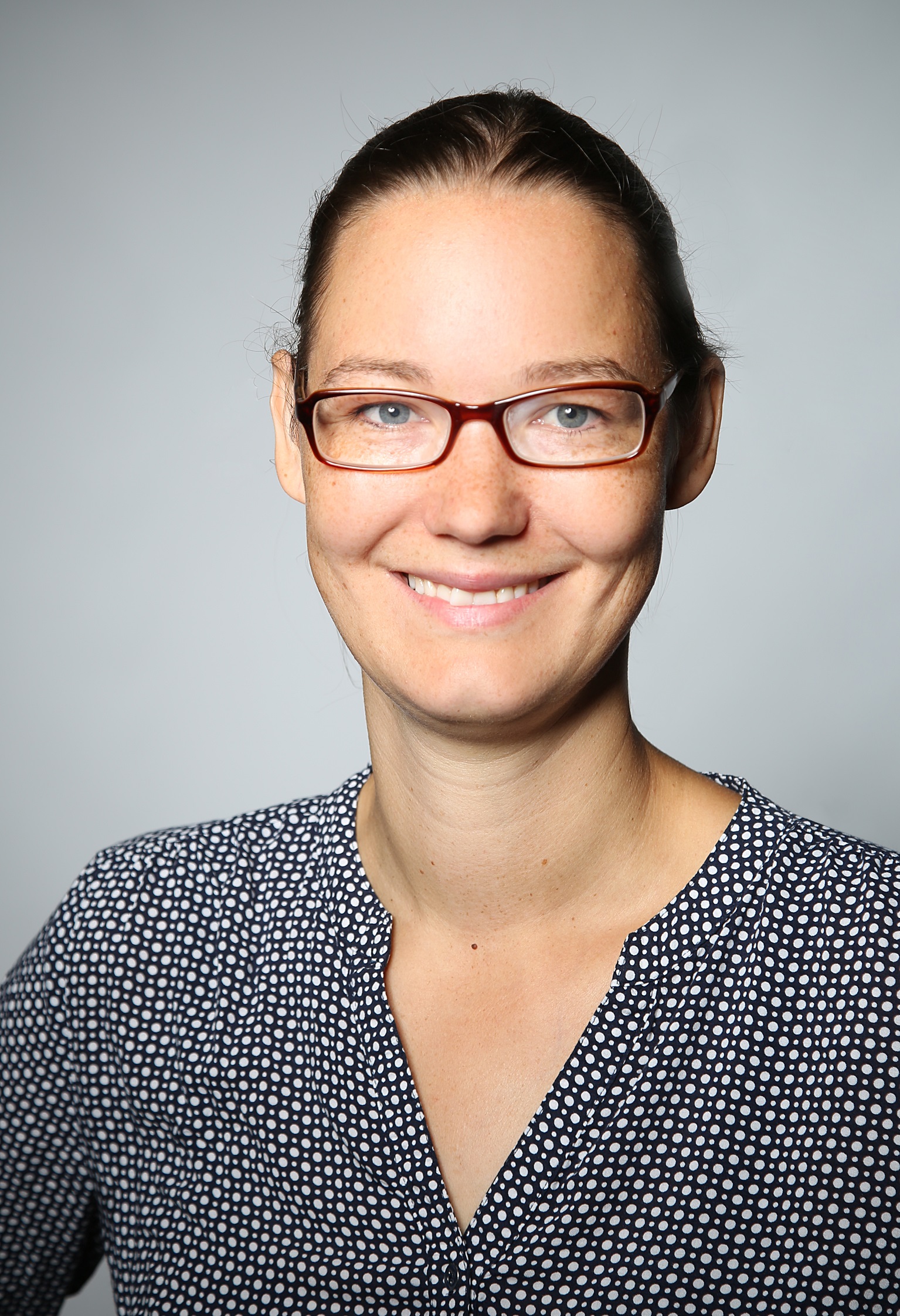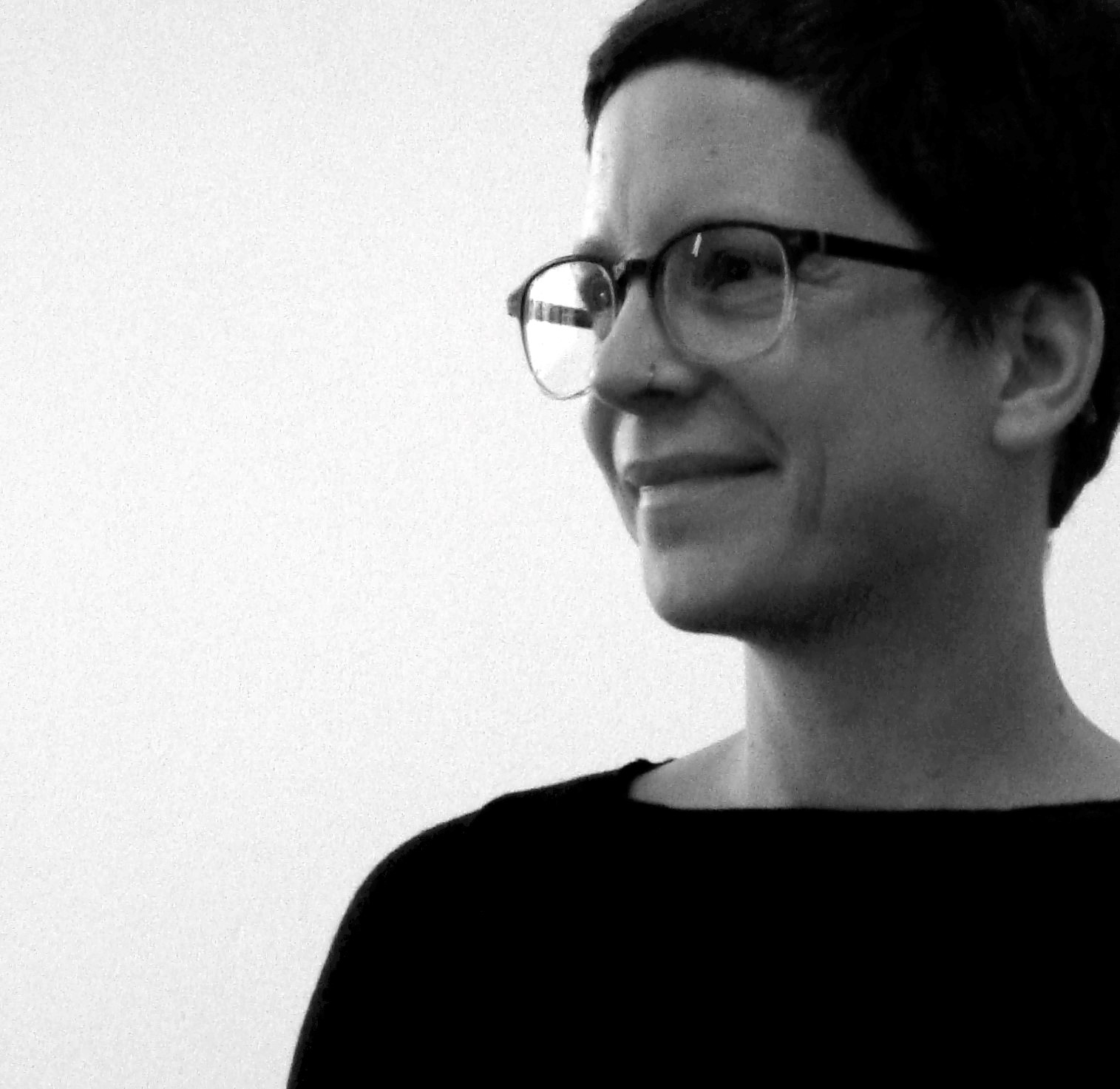Speakers & Trainers
Key note speakers
|
|
Prof. Muki Haklay, Department of Geography, University College London
I am a Professor of Geographic Information Science in the Department of Geography, University College London. I am also the co-director of the UCL Extreme Citizen Science group, which is dedicated to allowing any community, regardless of their literacy, to use scientific methods and tools to collect, analyse, interpret and use information about their area and activities. For more information please follow this link. |
|
|
Katja Mayer,Department of Science and Technology Studies, University of Vienna
Katja Mayer is a sociologist at the University of Vienna, Department of Science and Technology Studies. Her research examines the interactions between social science methods and their public spheres, focusing on the cultural, ethical and socio-technical challenges at the interface of computer science, social sciences and society. In addition, she is Senior Scientist at the Center for Social Innovation in Vienna and Associate Researcher at the University of Vienna's ‘Responsible Research and Innovation in Scientific Practice’ platform. She is also a member of the Open Access Network Austria’s core team, co-heading the ‘National Strategy for the Transition to Open Science’ working group. |
Trainers
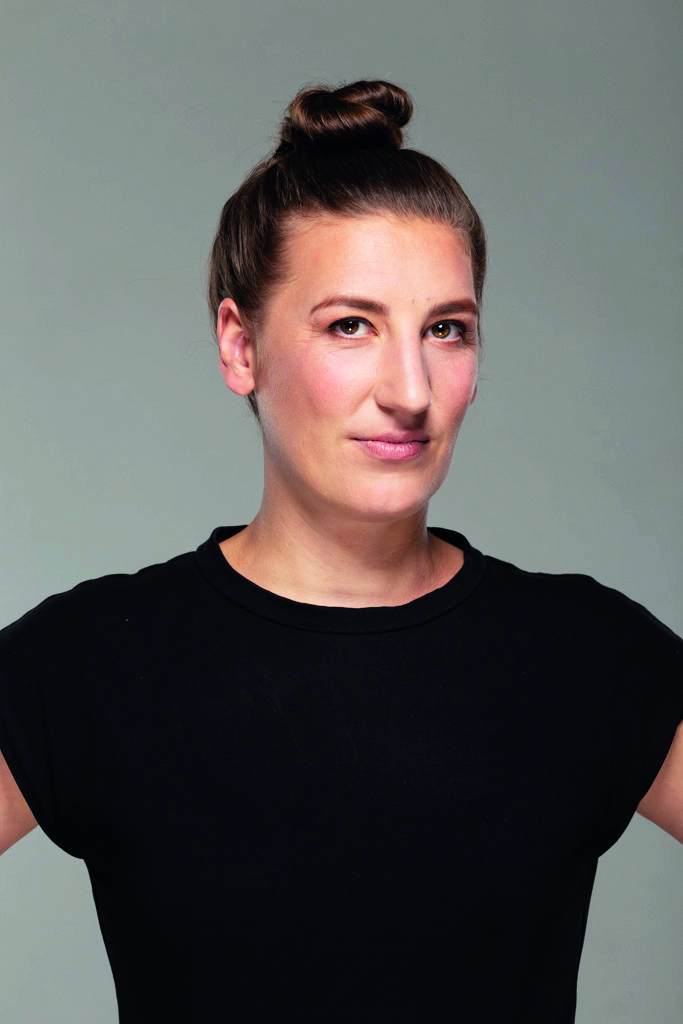 |
Johanna Barnbeck,Spread the Nerd, artistic researcher & creative consultant
Johanna Barnbeck is the founder of Spread the Nerd, a Berlin-based agency for science communication and format development. She studied Cultural Analysis and Artistic Research in Amsterdam and realized a research project with visitor participation at the Rijksmuseum. As an artistic researcher and creative consultant Johanna develops strategies, concepts, art installations and creative formats for research projects, universities and scientific institutions and helps implementing them. She works at the intersection of art, design, science and technology and leads interdisciplinary teams with different backgrounds from in- and outside academia. As a lecturer at the NaWik, she teaches visualization courses. |
|
|
Jenny Casetti, catta gmbh, partner and co-managing director Jenny Casetti and Pia Viviani are co-directors of catta gmbh, a startup for consulting, initiating and managing citizen science projects in Switzerland. They know each other from working for the foundation Science et Cité, where they established the Swiss citizen network “schweiz forscht” and therefore know diverse Swiss citizen science projects in detail. They also have a broad knowledge in science communication. Combined backgrounds in biotechnology, mathematics, German studies, nonprofit management, youth promotion, teaching and scenography are a perfect basis for understanding all the different interests and needs of citizen science participants. |
|
|
Daniel Dörler, Citizen Science Network Austria, Österreich forscht Daniel Dörler studied Zoology at the University of Vienna and did his PhD in Ecology at the University of Natural Resources and Life Sciences, Vienna. During his PhD-studies, Daniel Dörler coordinated a project with a citizen science-approach and co-founded the Citizen Science Network Austria (CSNA) and its associated online platform Österreich forscht. Since 2015, he is one of the coorganizers of the Austrian Citizen Science Conference and has been in the scientific committee of several international conferences (among others ECSA 2018 and 2020). Currently, Daniel is involved in the citizen science project Roadkill and is chairing several working groups in the CSNA and ECSA, including the Citizen Science Networks working group, which aims to formulate criteria for national citizen science platforms (https://ecsa.citizen-science.net/working-groups/citizen-science-networks/). |
|
Dr. Ruth Förster,Dr. sc. ETHZ, dr. ruth förster training & beratung, chair saguf Working Group education for sustainable development Ruth Förster has long-term experience and expertise in designing and facilitating transdisciplinary collaboration and learning processes particularly in higher education and research for sustainable development, f.e. in ETH Zurich and University of Basel. She has a multidisciplinary background in mechanical and environmental engineering, didactics, Expressive Arts & Movement – the Tamalpa Life-Art process - and psychological counselling. Nowadays she is working as consultant for designing transformative learning environments as well as personal coach with emphasis on transition processes. Please find further information here and here (ETHZ HR). |
|
|
Prof. Jaqui Goldin,Associate Professor Extra-Ordinary in the Faculty of Natural Sciences at the University of the Western Cape, held under the UNESCO Chair for Groundwater and Society I have a strong academic and extensive empirical background. As a ‘numerate’ anthropologist, I have conducted many large scale and smaller household poverty surveys and numerous long term and short term evaluations across government and community projects and programmes covering a wide range of development topics. As such, I am fully aware of data concerns around reliability, validity and sharing of data (accessibility). I am dedicated to participatory research with a strong focus on gender and on youth. I work extensively on human development and well-being and the interconnections between humans and their environment. My most recent research is on citizen science and narrowing the divide between science and society through appropriate and cost effective technology with the aim of achieving a more just and ethical society. I use the concept of the living lab which is about the co-creation of knowledge and the emancipatory nature of research. |
|
|
Dr. Susanne Hecker, Museum für Naturkunde Berlin, Leibniz Institute for Evolution and Biodiversity Science With a background in practical and theoretical science communication, Susanne Hecker’s research interest lies in citizen science and science communication. She is the first editor of the book Citizen science: innovation in open science, society and policy (2018) and has recently published her dissertation on citizen science in communication sciences. At the Musuem für Naturkunde Berlin, she is leading the science programme Society & Nature. As a workshop facilitator, Susanne Hecker seeks to boost interaction and practical experience and frequently includes improvisation theatre elements in her workshops. |
|
|
Florian Heigl, Citizen Science Network Austria, Österreich forscht Florian Heigl studied Agroecology at the University of Natural Resources and Life Sciences Vienna and finished his PhD in road ecology at the same university. Since 2013 he is involved in conducting citizen science projects in higher education, with school children and with the general public. Florian coordinates the citizen science project Roadkill and co-founded the Citizen Science Network Austria and its associated online platform Österreich forscht in 2014. In the CSNA he is head of three working groups including the working group on quality criteria for citizen science projects on Österreich forscht (https://www.citizen-science.at/netzwerk/arbeitsgruppen/ag-qualitaetskriterien). |
|
|
Misha Horacek, performance artist, MA in Visual Performance Her work as an artist, teacher and coach have led her to work and live internationally. She has a fascination with how new methods and perspective can be created from the sharing and cross pollination between disciplines and culture. Misha engages the Life-Art Process, an integrated approach that explores the wisdom of the body expressed through movement/dance and imagination. She currently leads an on-line lab for a diverse group of artistic directors, activists, eco scientists, teachers and healers as they engage in creative expression and collaborative processes together. |
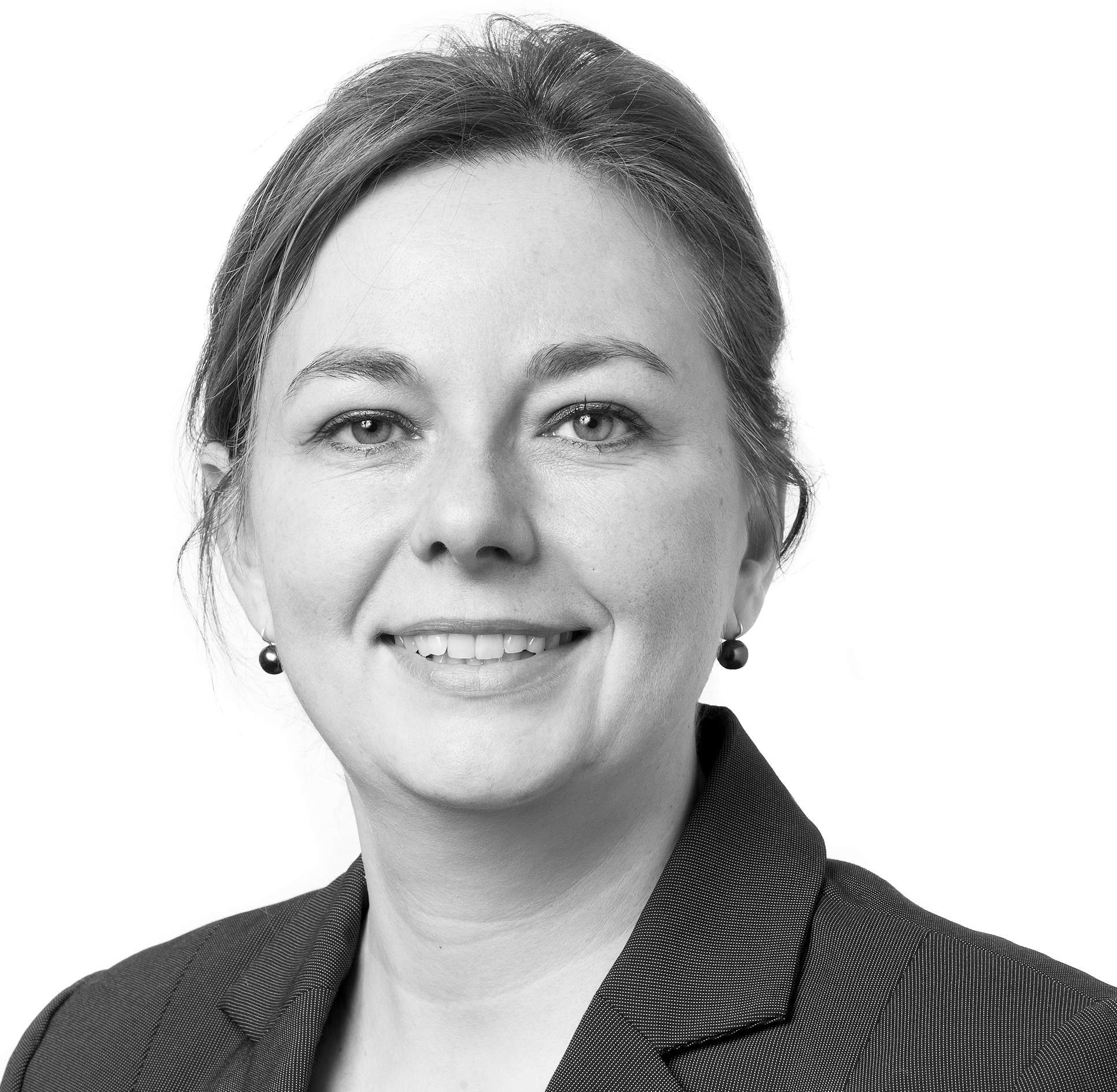 |
Anja Pawelleck, Dipl. Psych., Educational Developer at University of Zurich Anja Pawelleck has a background in organizational psychology. She works as an educational developer with extensive experience in consulting in the field of higher education. In the last years, she was responsible for the professional development in university teaching and learning at the university of Zurich (UZH). |
|
|
Dr. Sibylle Studer, Head of Project Methods at the Network for Transdisciplinary Research (td-net) of the Swiss Academies of Arts and Sciences She studied Social Anthropology, Management&Economics und International Relations with field visits in Togo and Bolivia. After having completed her PhD in Nonprofit Management, she was involved in transdisciplinary energy research and worked in interdisciplinary teams at Interface Policy studies Research Consulting. Since her teenage years, she has been volunteering for nonprofit organisations - from local to global. |
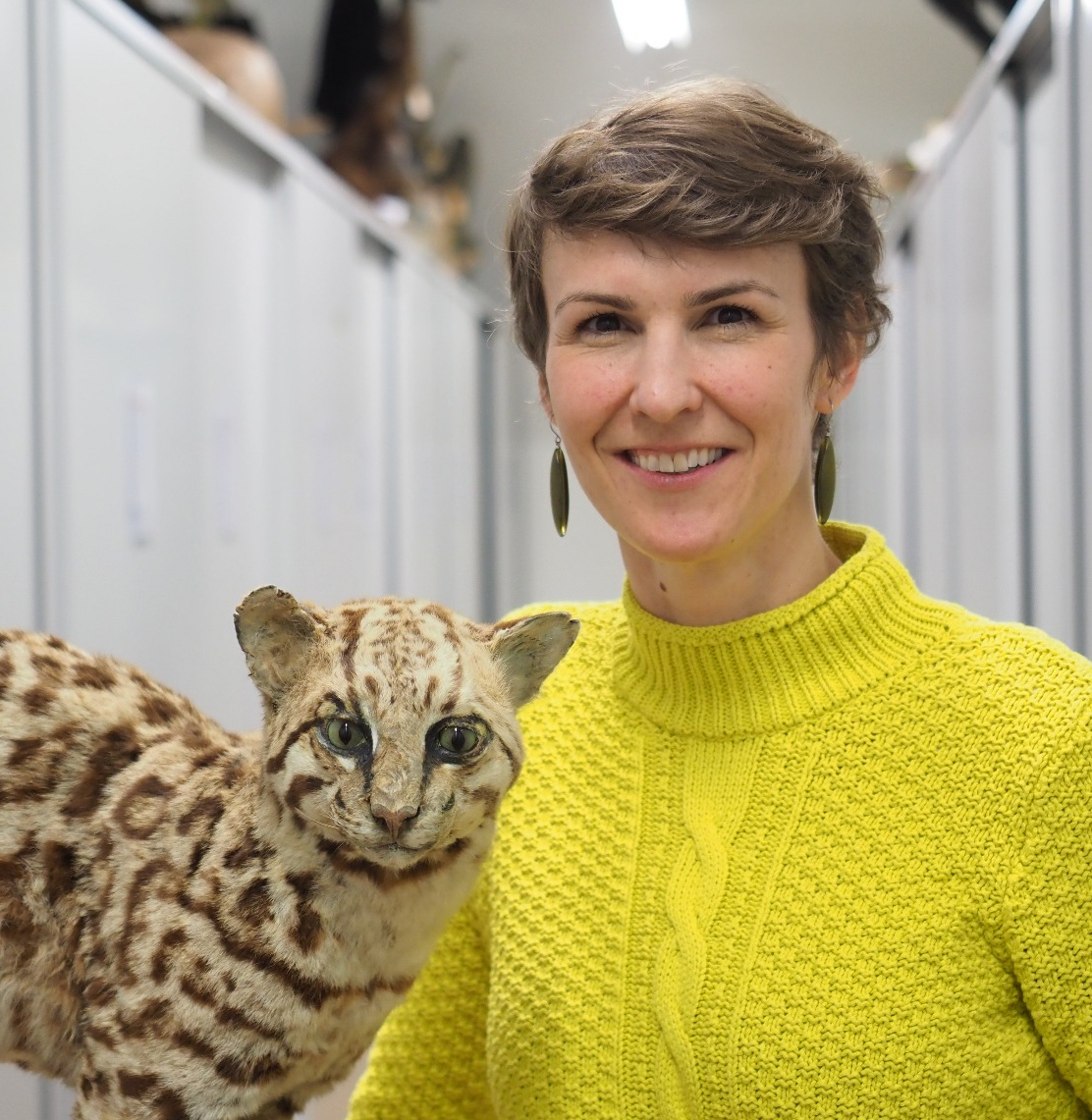 |
Pia Viviani,catta gmbh, founder and director
Pia Viviani has a background in biotechnology, scenography, nonprofit management and science communication. Working for the foundation Science et Cité she established the Swiss citizen network “schweiz forscht” and therefore knows diverse Swiss citizen science projects. She was a steering committee member of the European Citizen Science Association ECSA when initiating and planning the ECSA conference 2018 in Geneva. In Spring 2019 Pia founded her own company “catta gmbh” for consulting, initiating and managing citizen science projects in Switzerland. |
|
|
Silke Voigt-Heucke, Museum für Naturkunde, Leibniz-Institut für Evolutions- und Biodiversitätsforschung Silke Voigt-Heucke is co-head of the citizen science unit at MfN and currently setting up the Centre of Excellence for Citizen Science at the MfN together with Susanne Hecker. She is the project coordinator of the European Platform for Citizen Science, EU-Citizen.Science. In 2020, she led the organization of the Citizen Science SDG Conference, funded by the European Union in the framework of the German EU Presidency. One major outcome of the conference was the CS SDG Declaration, which provided concrete recommendations for policymakers to promote Citizen Science. At the MfN, she spearheaded the award-winning Citizen Science project 'Forschungsfall Nachtigall' (the nightingale project) and she was part of the Citizen Science project 'Berliner Fledermausforscher' (Berlin Bat Researchers) at the Leibniz Institute for Zoo and Wildlife Research, Berlin. Her research focuses on the quality of Citizen Science data and in particular on bioacoustics and nature conservation. |
|
|
Katherin Wagenknecht, Technical University of Applied Sciences Wildau Katherin Wagenknecht works and researches in the field of science communication/innovation and regional research at the Technical University of Applied Sciences Wildau, where she coordinates the projekt "Wir forschen!". Until 2020, she coordinated the eu-citizen.science project at the Museum für Naturkunde Berlin. With a background in sociology and cultural anthropology, her research focuses on participatory research practices and urban space. |
